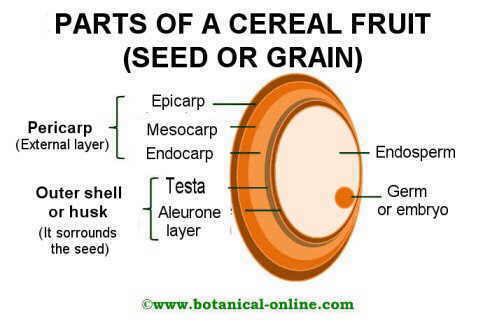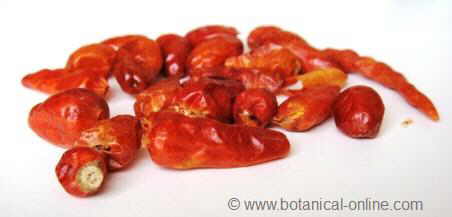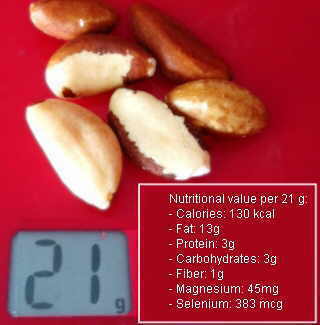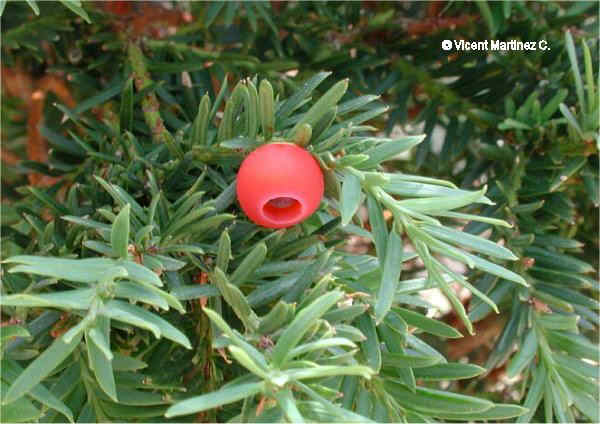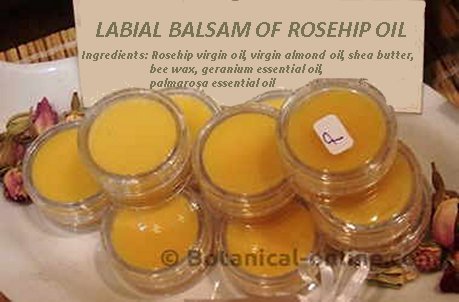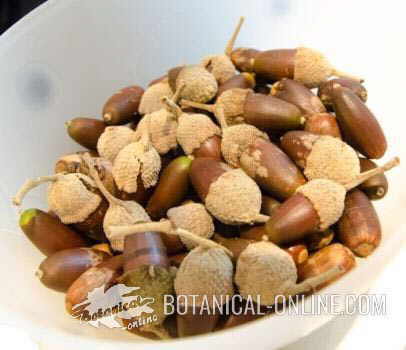What can you eat and what you can’t if you have lupus
| RECOMMENDED FOOD | |
| Sources of carbohydrates | Those having basifying minerals should predominate, including magnesium:
|
| Sources of protein | Vegetarian Diets:
|
| Fats and oil |
|
| SOURCES OF VITAMINS AND MINERALS IN THE DIET** Try to keep these foods always at home ** | |
| FRESH VEGETABLES | They provide beta carotene, folic acid, vitamin C and B vitamins, important nutrients for the skin. Reduce the risk of cardiovascular disease. We will choose the bright colors:
|
| DRY FRUIT | Dried fruit is an important source of minerals such as calcium.
|
| RAW NUTS | They should be taken daily, but in moderate amounts (25-35g.). They provide anti-Inflammatory minerals and fats.
|
| MILK AND MILK PRODUCTS | We will seek non-fat dairy products because whole fat dairy products are high in saturated fats
|
| BEVERAGES It is very important to keep a good hydration. |
|
| NON-RECOMMENDED FOOD | |
| Sources of carbohydrates |
|
| Sources of protein | Vegetarian Diets:
|
| Fats and oil |
|
| SOURCES OF VITAMINS AND MINERALS IN THE DIET** Try to keep these foods always at home ** | |
| FRESH VEGETABLES | |
| DRY FRUIT | |
| RAW NUTS |
|
| MILK AND MILK PRODUCTS |
|
| BEVERAGES It is very important to keep a good hydration. |
|
![]() More information on lupus.
More information on lupus.
This article was endorsed by Elisenda Carballido - Dietitian nutritionist. Postgraduate in Phytotherapy and master in Nutrition and Metabolism.

